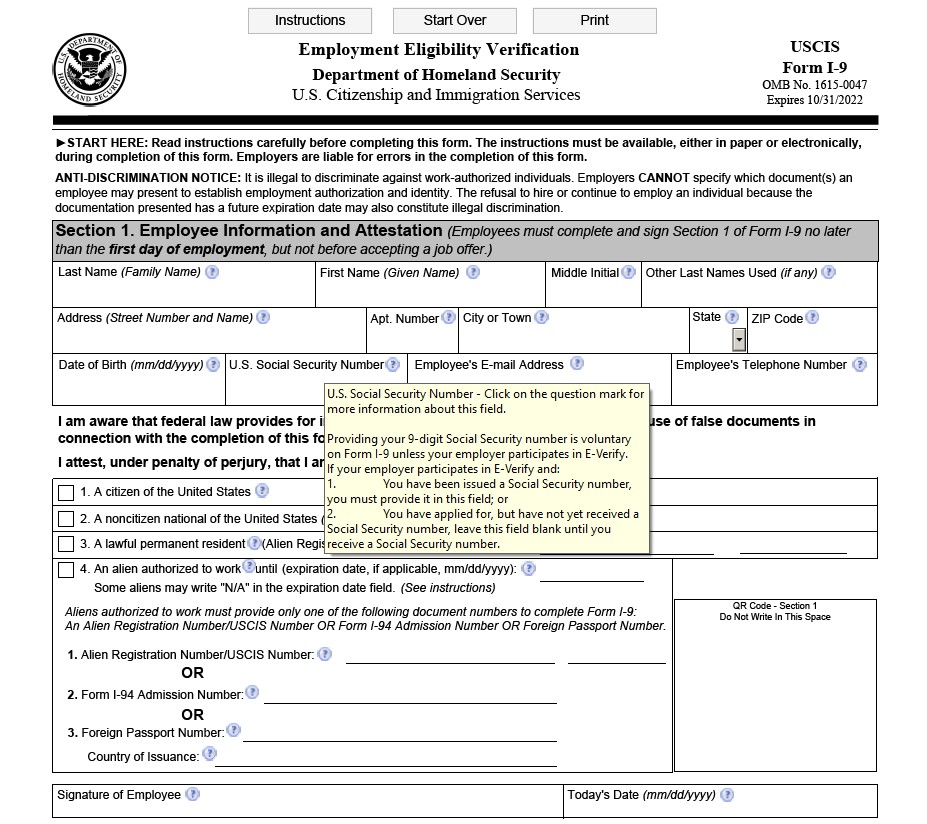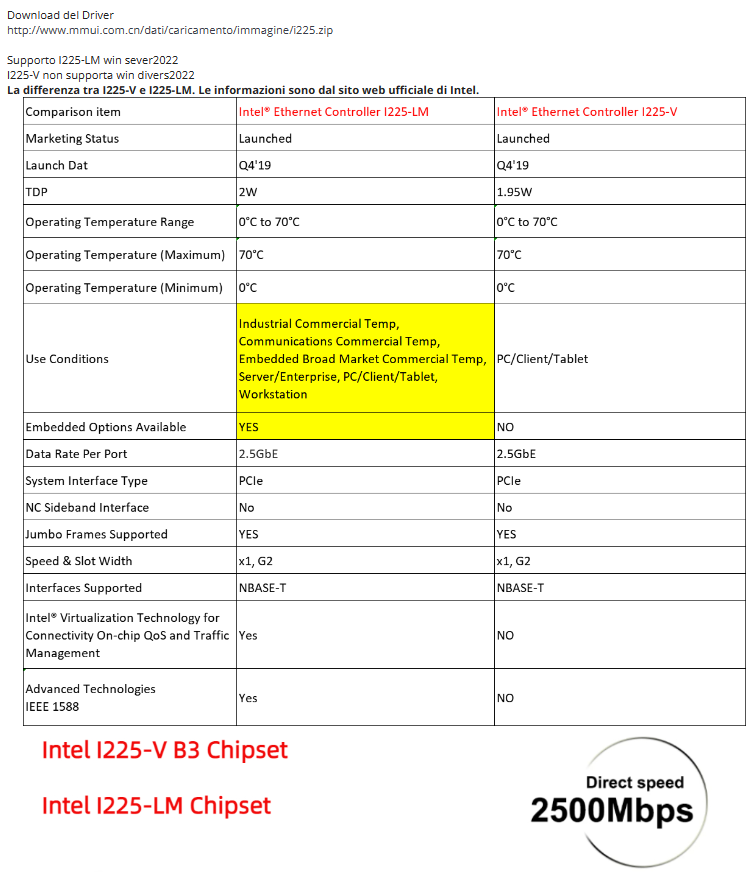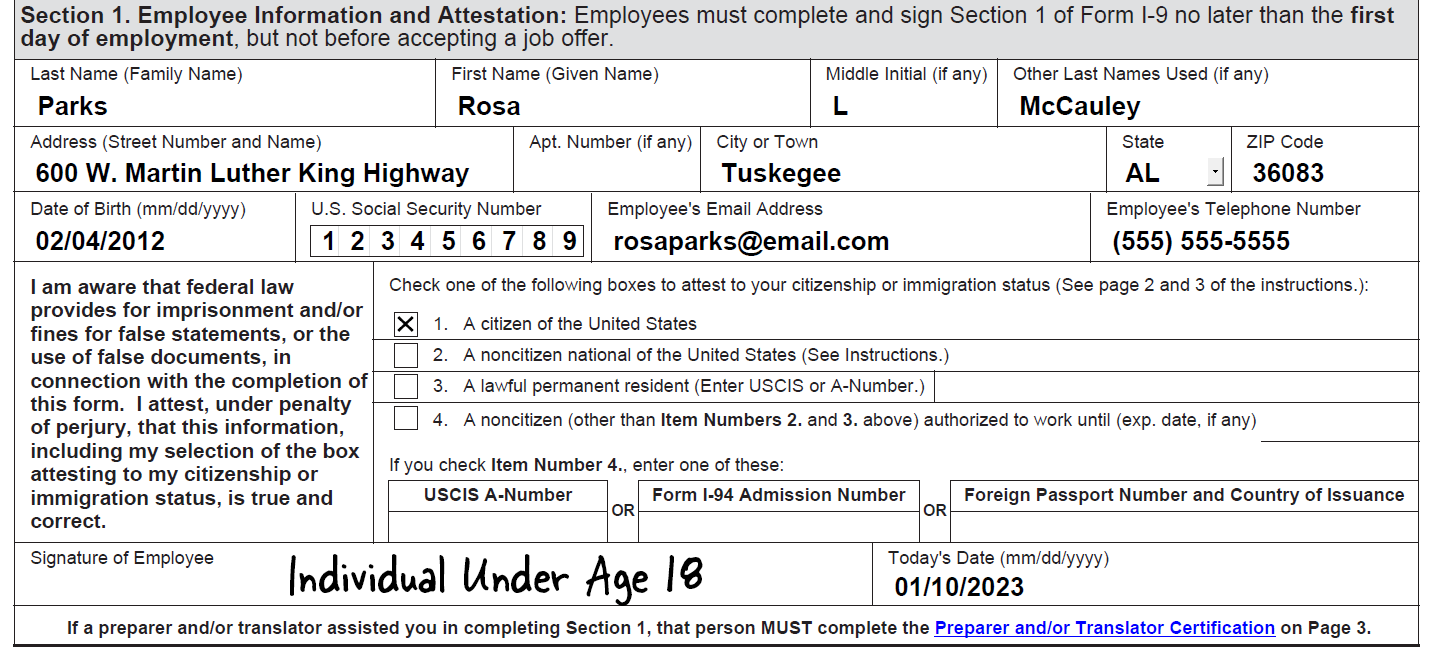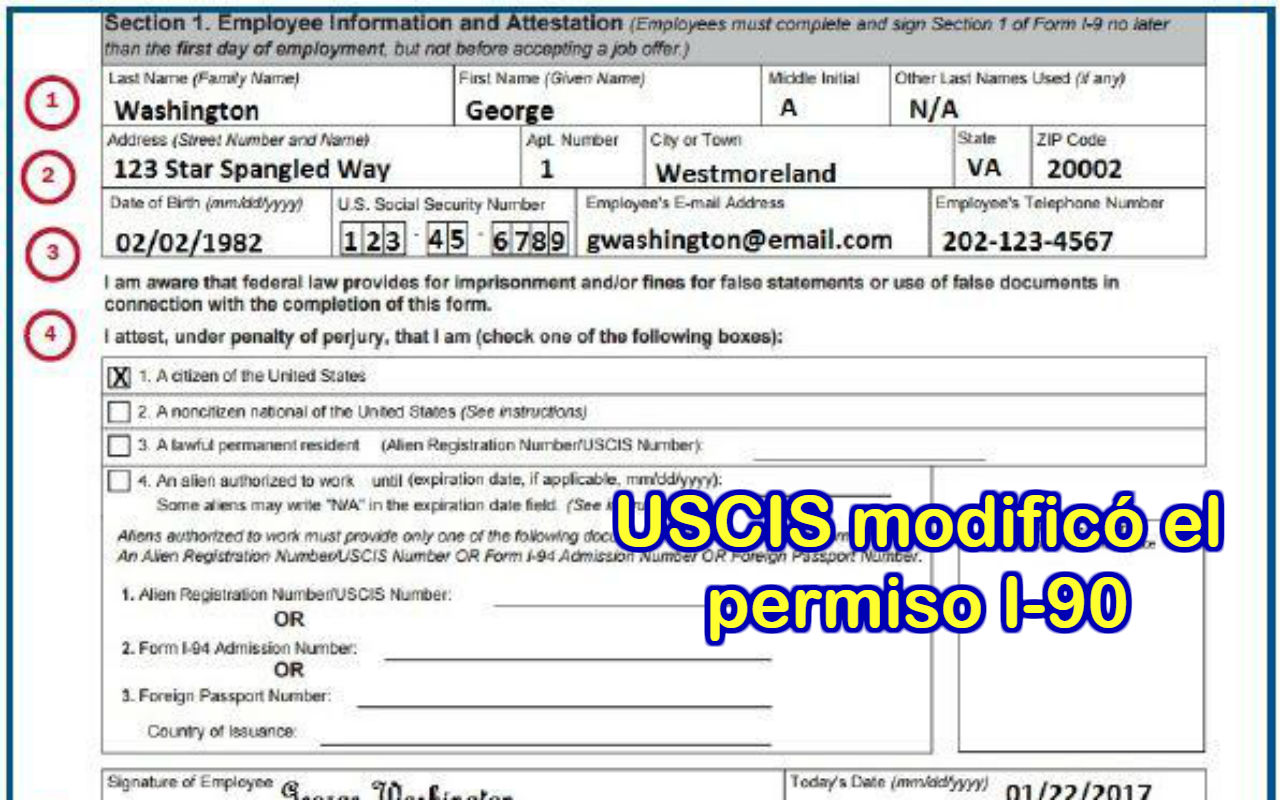Table of Contents
- DHS Has Instituted A New Form I-9 And Modernized The Employment ...
- Chinese I226-V on 23.05.1, problems | Netgate Forum
- Modelo de carta de autorizacion: Que pasa si llenó la forma i9
- Su lanzamiento está previsto para 2026. Mide 4,75 metros y se levanta ...
- ¿Problemas con la tarjeta de red Intel i226-V? La solución... Antes de 2025
- I9 Form 2024 - Henka Kyrstin
- 2025-2026 New BMW 9-Series ( I9 ) - The company's most luxurious sedan ...
- I9 Form 2024 - Henka Kyrstin
- DHS Has Instituted A New Form I-9 And Modernized The Employment ...
- List Of Acceptable I 9 Documents 2024 Spanish - Mame Stacee

Are you an employer looking to hire the best talent for your organization, or an individual seeking to work in the United States? The United States Citizenship and Immigration Services (USCIS) plays a crucial role in ensuring that all employees are authorized to work in the country. In this article, we will delve into the world of employment eligibility verification, exploring the process, requirements, and benefits of complying with USCIS regulations.


What is Employment Eligibility Verification?

Employment eligibility verification is the process of confirming that an individual is authorized to work in the United States. This involves verifying the identity and work authorization of all employees, regardless of their citizenship or national origin. The USCIS requires employers to complete a Form I-9, Employment Eligibility Verification, for each new hire to ensure compliance with federal law.


Who Must Complete Form I-9?

All U.S. employers must complete a Form I-9 for each new employee hired after November 6, 1986. This includes:

- U.S. citizens
- Non-citizen nationals
- Lawful permanent residents
- Aliens authorized to work in the United States

The Verification Process
The employment eligibility verification process involves several steps:
- Completion of Form I-9: Employers must complete Section 1 of the Form I-9, while employees must complete Section 1 and provide documentation to establish their identity and work authorization.
- Documentation: Employees must provide one document from List A (such as a U.S. passport or Permanent Resident Card) or one document from List B (such as a driver's license) and one document from List C (such as a birth certificate).
- Verification: Employers must verify the documentation provided by the employee and complete Section 2 of the Form I-9.
- Retention: Employers must retain the completed Form I-9 for three years after the date of hire or one year after the date of termination, whichever is later.

Benefits of Compliance
Complying with USCIS employment eligibility verification regulations offers several benefits to employers, including:
- Avoiding fines and penalties: Failure to comply with Form I-9 requirements can result in significant fines and penalties.
- Reducing the risk of unauthorized employment: Verifying the work authorization of employees helps to prevent the hiring of unauthorized workers.
- Ensuring a legal and diverse workforce: Compliance with USCIS regulations promotes a fair and inclusive hiring process, allowing employers to attract the best talent from a diverse range of candidates.
In conclusion, employment eligibility verification is a critical aspect of the hiring process in the United States. By understanding the requirements and benefits of complying with USCIS regulations, employers can ensure a smooth and efficient hiring process, while also promoting a fair and inclusive work environment. Whether you are an employer or an individual seeking to work in the United States, it is essential to familiarize yourself with the USCIS employment eligibility verification process to unlock employment opportunities and achieve success.
For more information on USCIS employment eligibility verification, visit the official USCIS website. Stay up-to-date with the latest news and updates on employment eligibility verification and other USCIS topics by following our blog.